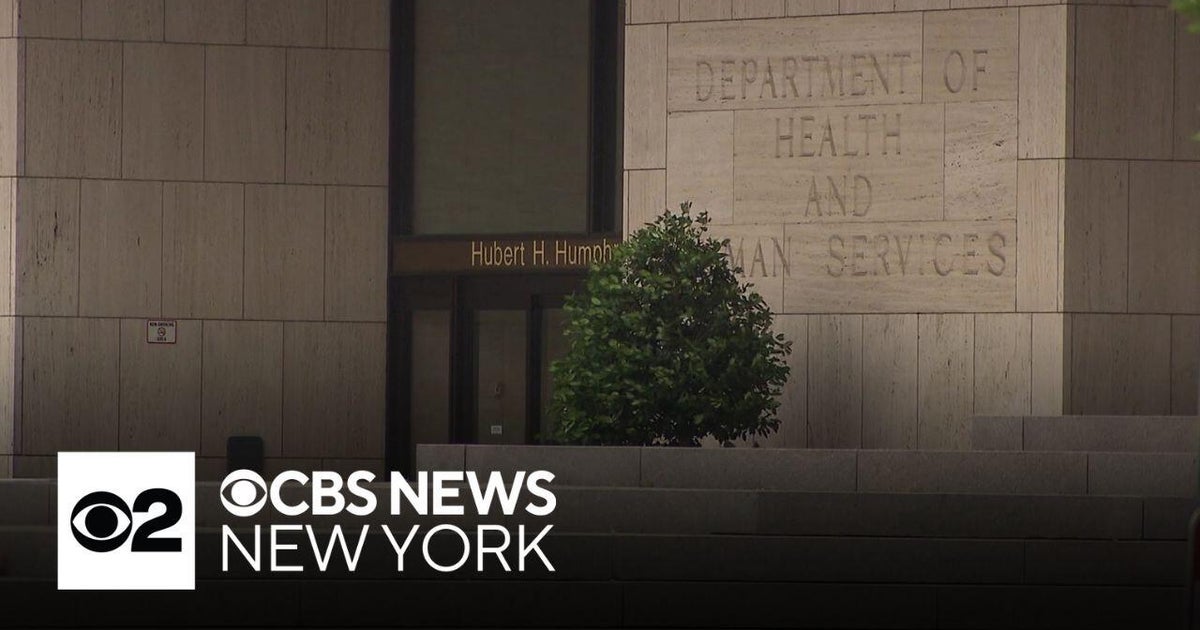Health Crisis Looms: NYC's Top Doc Sounds Alarm on Vanishing Funds

In a bold stand against federal healthcare funding cuts, New York, New Jersey, and Connecticut have united with 20 other states to challenge the Trump administration's controversial decision to slash $12 billion in critical health funding. The lawsuit highlights the potential devastating impact these cuts could have on healthcare services across multiple states.
New York City's acting health commissioner has voiced serious concerns about the potential consequences of these funding reductions, warning that vulnerable populations could be significantly affected. The multi-state legal action represents a coordinated effort to protect essential healthcare resources and prevent potential disruptions to vital medical services.
The unprecedented coalition of states is sending a clear message that they will not passively accept what they view as harmful healthcare policy that could compromise the well-being of millions of Americans. As the legal battle unfolds, healthcare advocates and state officials remain vigilant in their fight to preserve crucial health funding.
